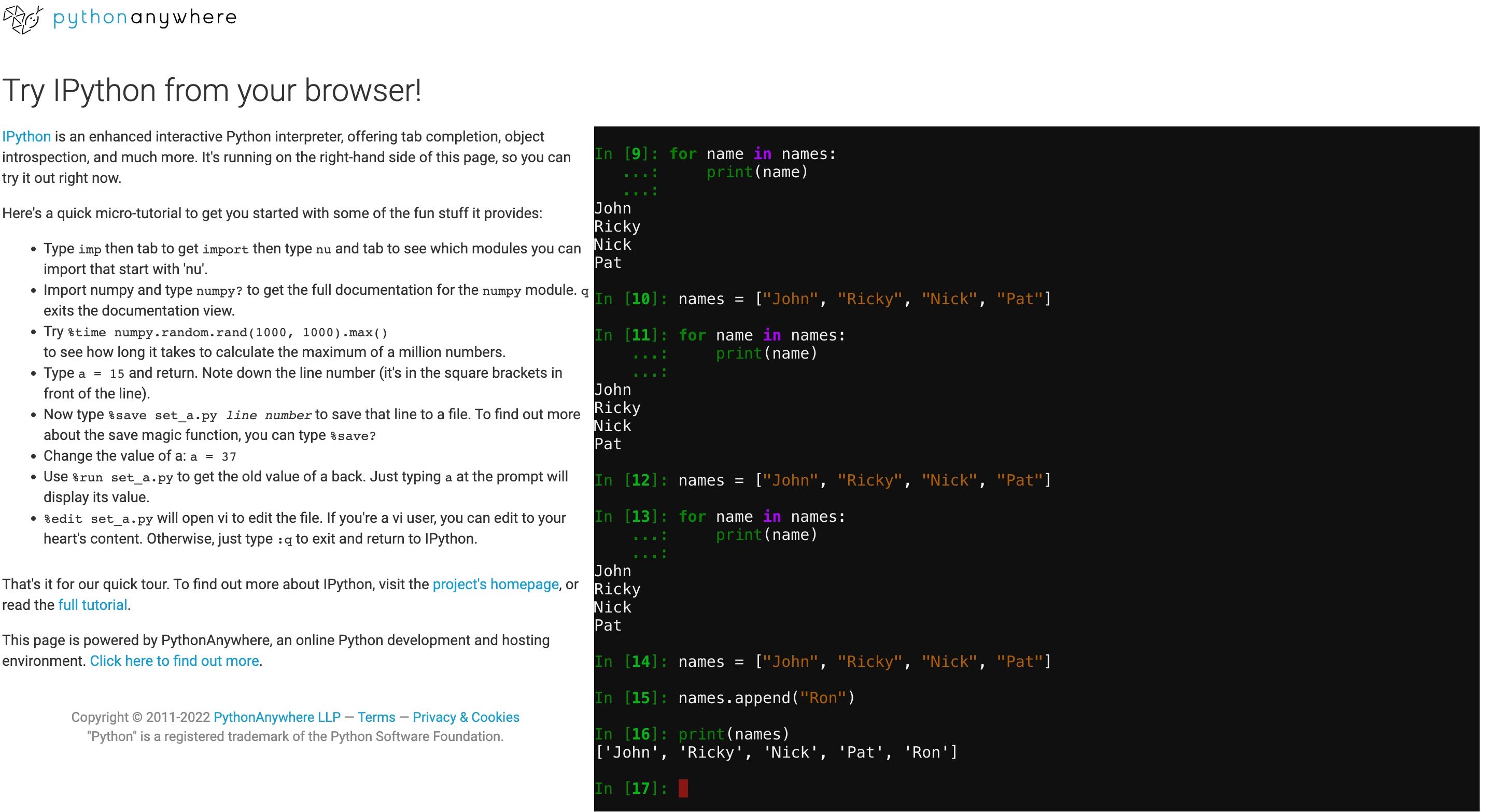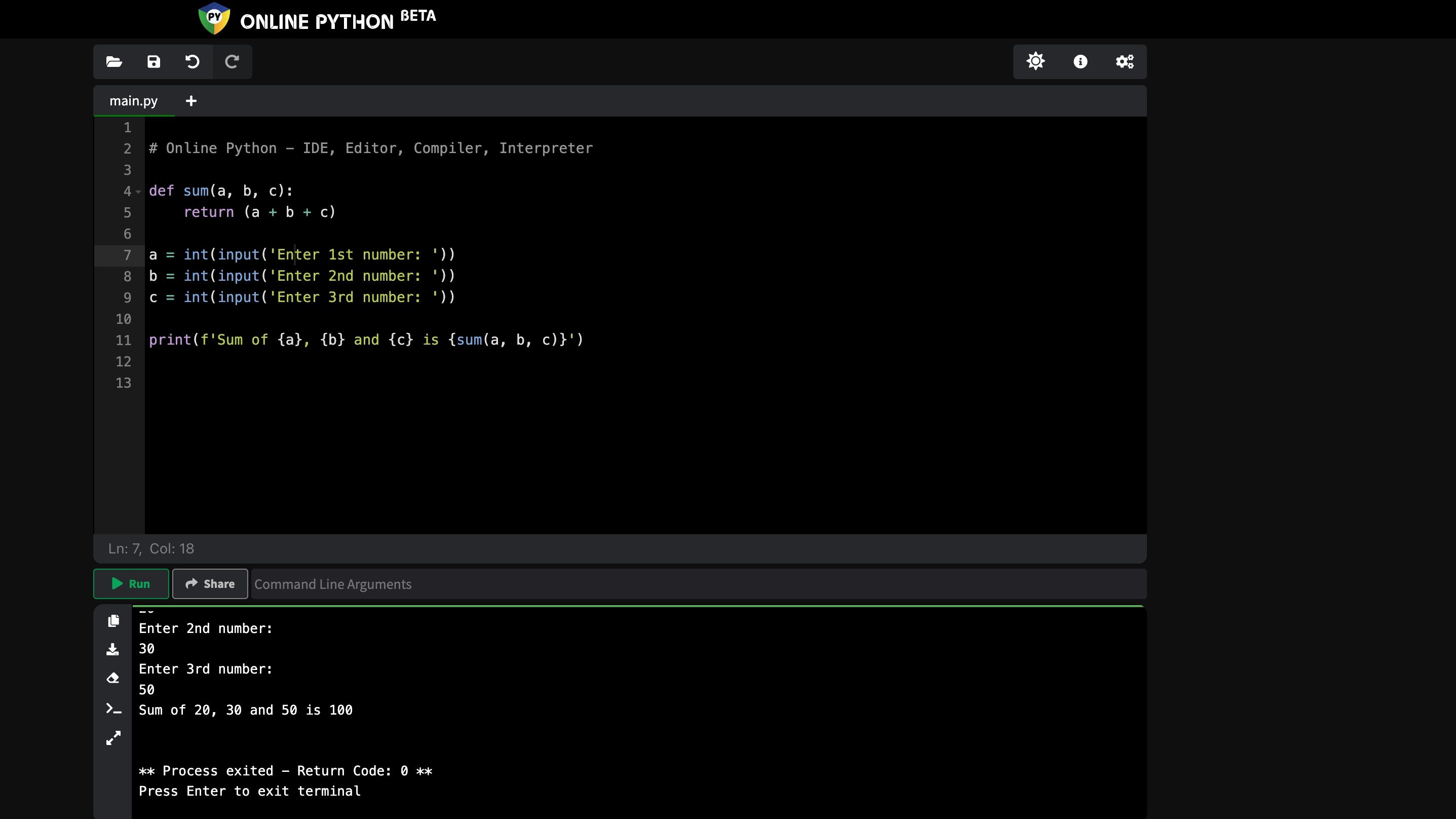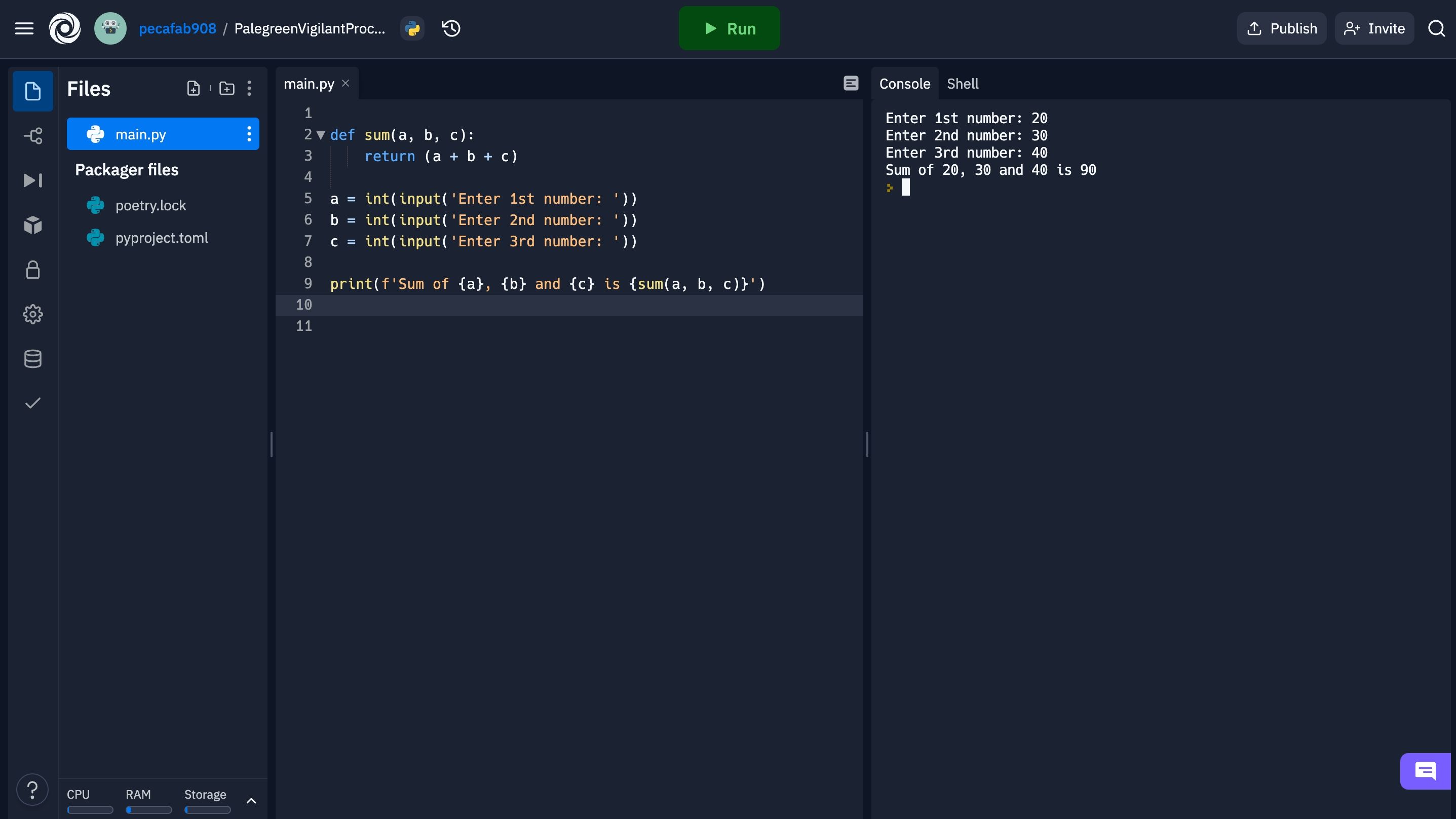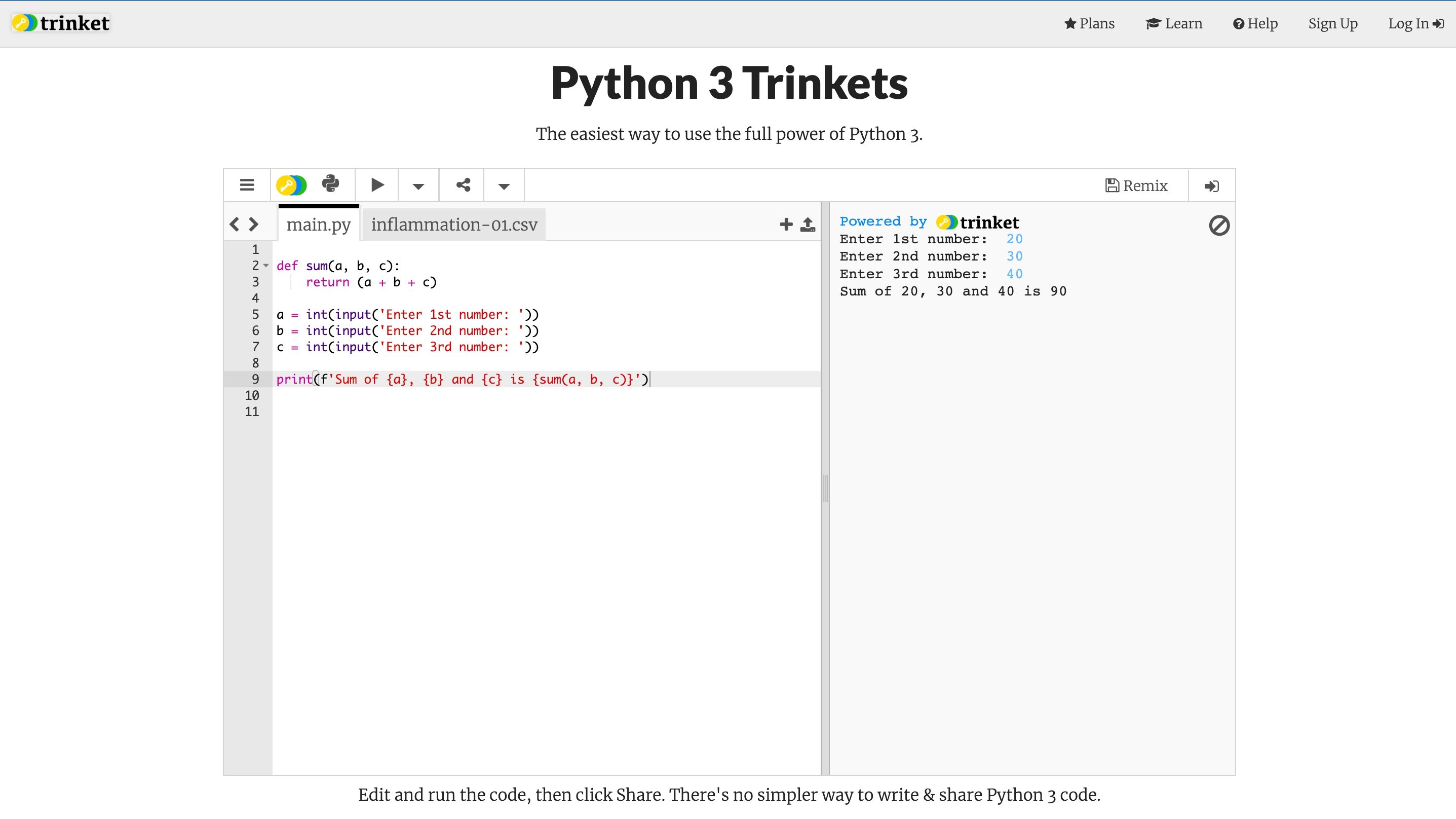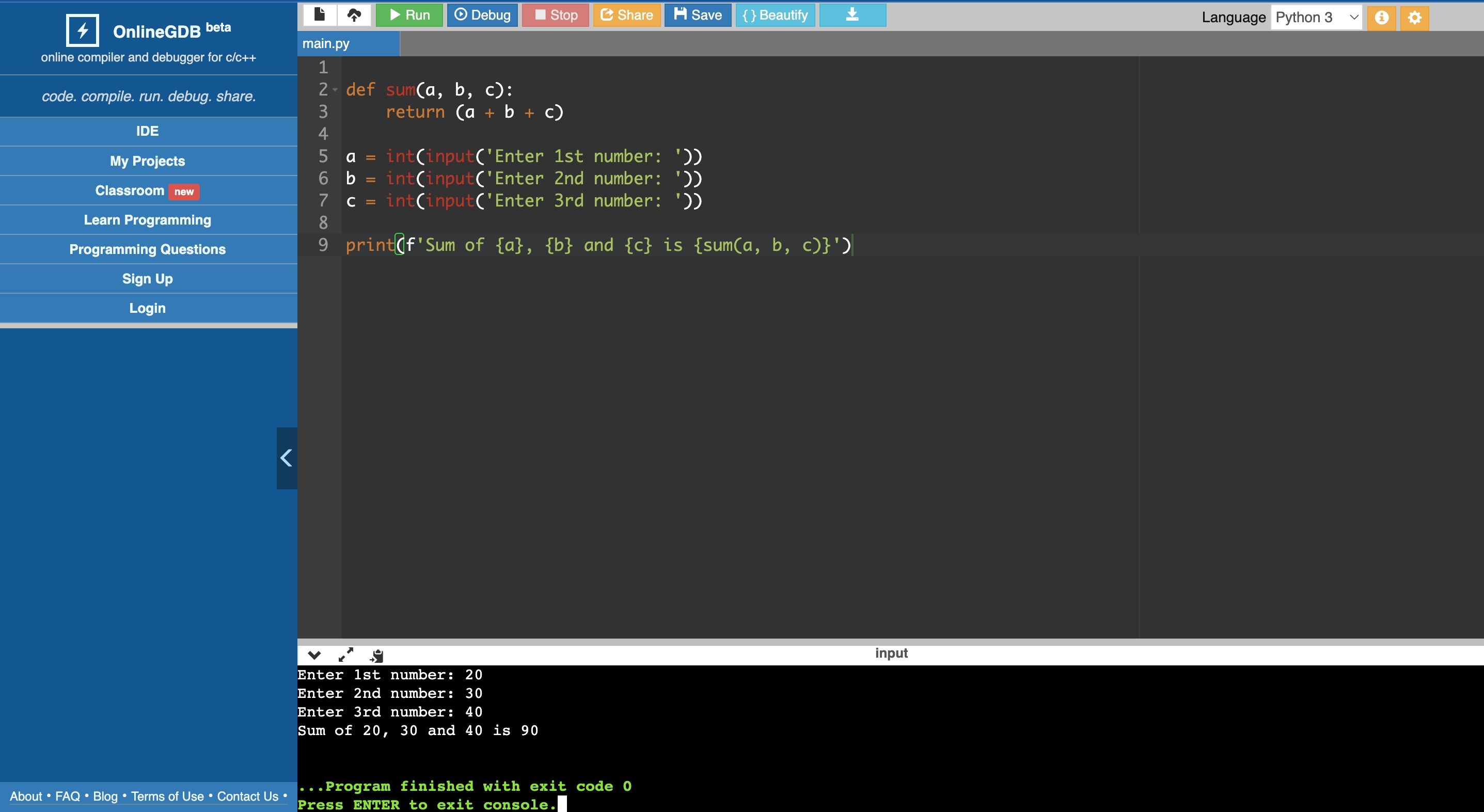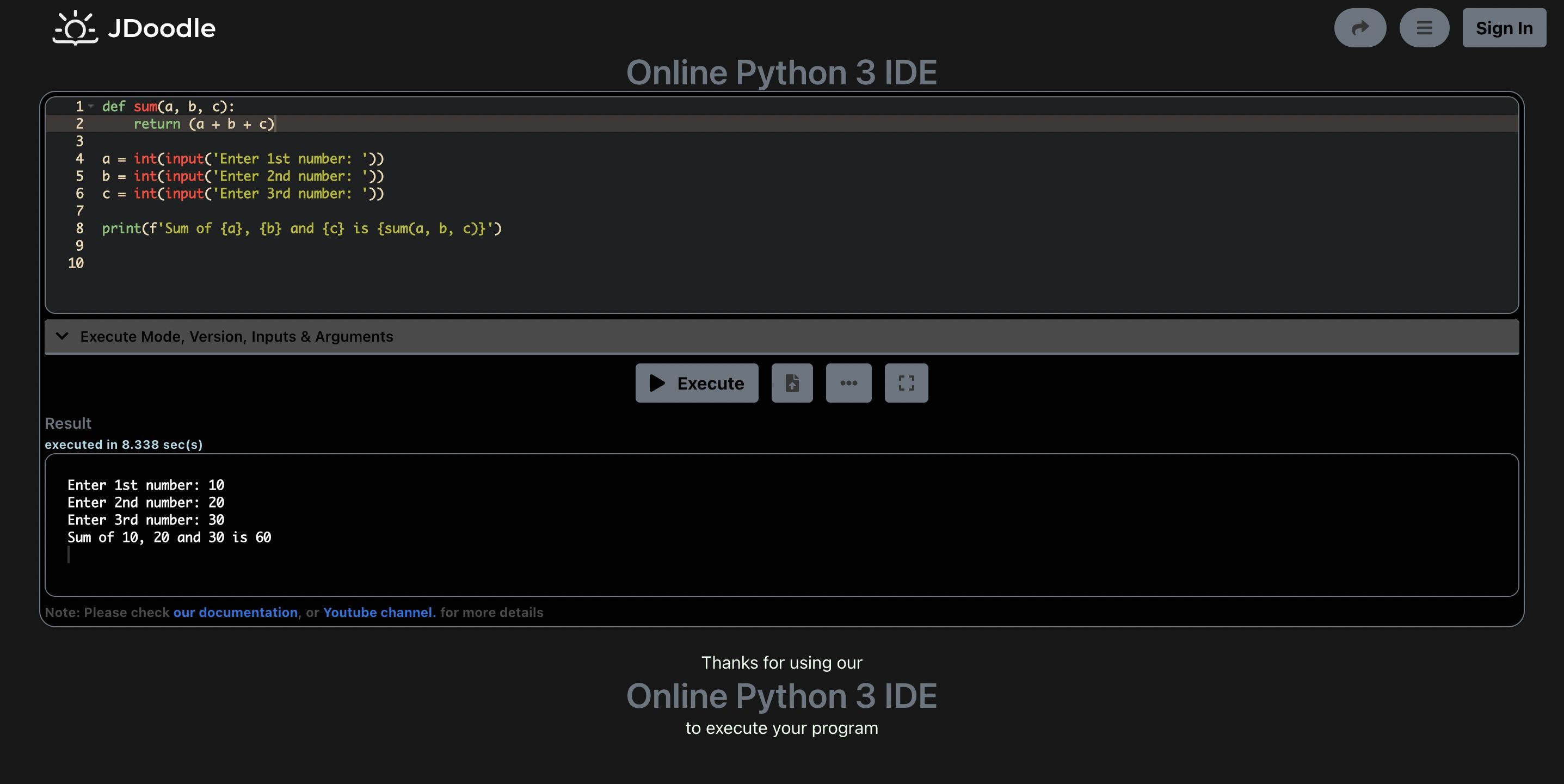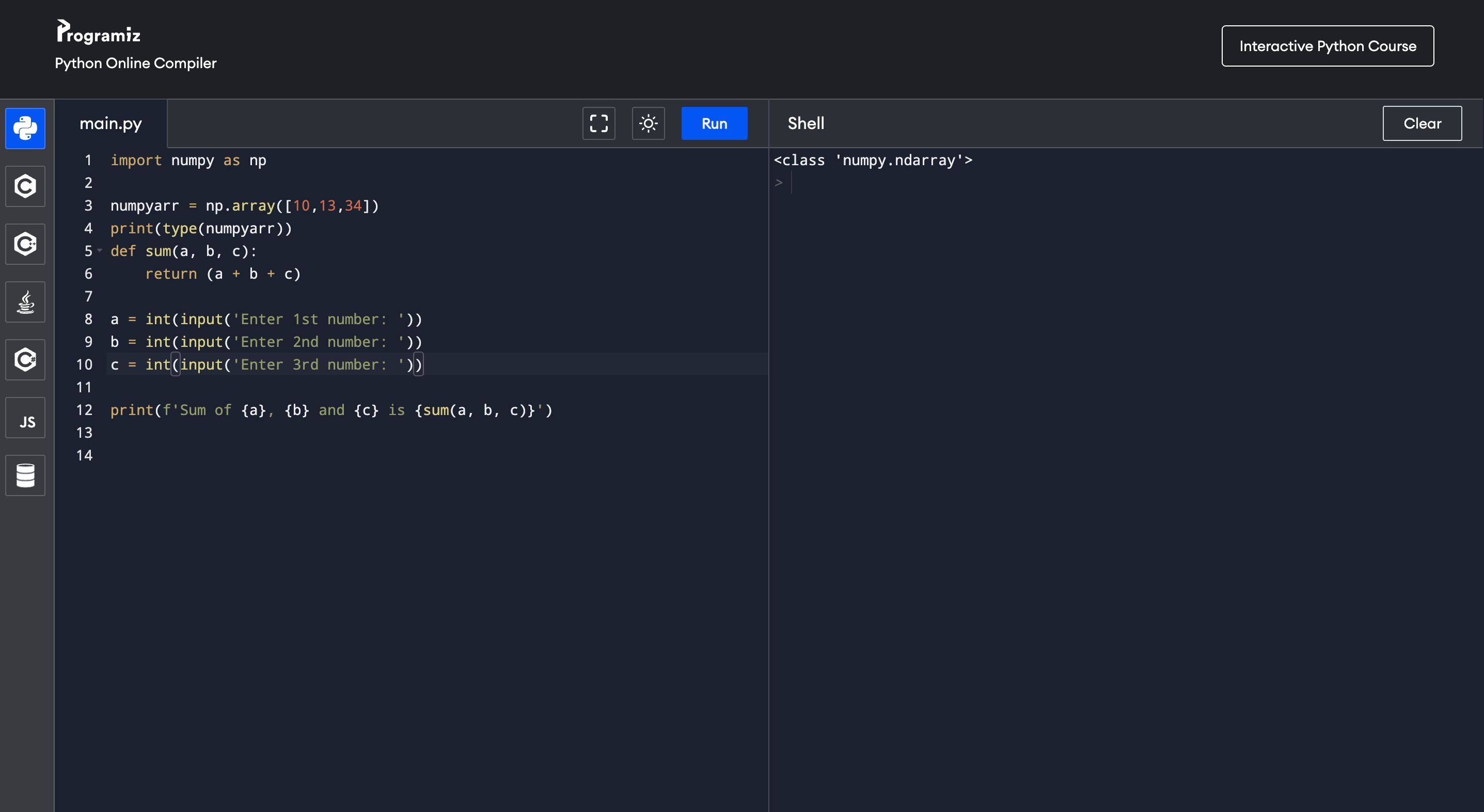When you're learning Python, the initial setup process can be overwhelming. You need to install Python on your system and learn how to use the command line to run your code. You'll then need to learn how to use the interactive shell, or how to set up a Python IDE.
To start coding in Python as quickly as possible, you can use an online interactive shell. This is a website that lets you write and run Python code in your browser, with instant results. There's no need to install anything.
Whether you're exploring Python functions or reviewing the basics of arrays and lists, you can do so right in your browser. You'll find these online Python interpreters highly valuable.
1. Python Anywhere
If there's one reason why Python Anywhere beats every other online Python interpreter, it's that it supports IPython. IPython is a more advanced alternative to the default Python interpreter. It includes some very useful features including:
- Tab completion while typing.
- The ability to inspect the properties and methods of an object in real-time.
- Inline module documentation.
None of this is strictly necessary, and if you're a complete beginner, you may want to ignore these features until you have more Python experience. But as far as Python interpreters go, IPython is the standard for productivity.
Python Anywhere is much more than just an online interactive shell. It's a full-blown IDE that lets you create and host Python apps on the web.
2. Online Python
Online Python is an easy-to-use Python interactive shell that's simple and straightforward. Like other online interactive shells, you can share your code with others. But what makes it stand out is that you don't have to create an account to do so. Online Python also makes it easy to download your scripts.
You can get started immediately, if you have scripts offline, using the folder icon to open a local script. You can also customize the environment by changing the font size, theme, cursor style, folding and more. And since Online Python uses the popular ACE code editor, you can use it to write and test code in any of the best programming languages, plus many others.
3. Repl.it
The name Repl.it comes from REPL, which stands for "Read-Eval-Print Loop", essentially a synonym for "interactive shell". Repl.it supports dozens of languages, including both Python 2.x and Python 3.x. So, if you decide that Python isn't for you, you can still use it when learning C#, Java, Ruby, Lua, ES6, and more.
One of Repl.it's best features is its customizability. You can tweak the layout, color theme, font size, indent size, wrap type, and whether to enable autocomplete. The interface is straightforward. And there's one more massive benefit to Repl.it: you can import any Python package. So you can scrape images from the web using Python with a third-party library like BeautifulSoup. Or you can draw amazing charts using Matplotlib.
The only downside to Repl.it is that you must create an account to use its online IDE. But on top of all the basic features, it provides version control and collaborative editing so you can work on code in a team. It saves all your code online so can retrieve it later. And you can also host your application on Repl.it.
4. Trinket
Trinket is another strong option. It offers a lot of the same features as the alternatives: a decent code editor, the ability to run code, and the ability to share. But Trinket has two advantages. First, you can open more than one script using its tab-based interface. Second, you can embed Trinket into your own site if you have one.
Trinket supports Python 2.x and 3.x so whichever version you're using, it has your back.
The free plan, while forever and unlimited, only supports Python 2.x. If you want full access to the Python 3.x version of Trinket, you'll need to upgrade to the Code+ plan, which costs $3 per month or $36 per year. "Full access" entails all built-in Python modules including Numpy, Matplotlib, SciPy, and more.
5. OnlineGDB
OnlineGDB is another excellent online Python interpreter. It includes Python 3.x by default, meaning it won't help if you need to test your Python 2.x code. However, it supports basic features like syntax highlighting and, like Online Python and Repl.it, it can open multiple scripts.
The compiler also includes an option to save your code, but that needs you to create an account. You can share your code with OnlineGDB, and it also allows you to download it too. Besides Python, OnlineGDB supports a handful of other programming languages.
6. JDoodle Online Python IDE
JDoodle is a multi-purpose IDE that supports over 70 programming languages. Its Python IDE is pretty easy to use, thanks to the simple user interface. It supports the latest version of Python, version 3.x, but you can also select version 2.x using the hamburger menu in the top right.
Furthermore, JDoodle allows you to select specific versions of Python 3.x or 2.x to run, although not every version is available. You can also download your code or share it online via a link.
7. Programiz
Programiz is another great option if you want a hassle-free online Python compiler to run your code. The downside with Programiz is that it only supports version 3.x. But it does have a sleek user interface with support for the standard features offered by other interpreters, including importing Python libraries.
The site also offers C, C++, C#, Java, and JavaScript compilers in case you have a need for them.
Tips for Continuing Your Python Journey
After trying Python in an online interactive shell, you may decide that you love the language and want to pursue it on a more practical level.
Python may be one of the easiest languages to learn, but don't be discouraged if you find it difficult. Coding in Python is still coding, and coding is tough. Struggling doesn't mean that you should quit programming!


